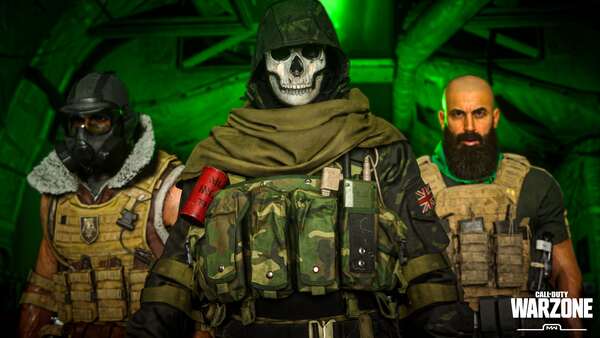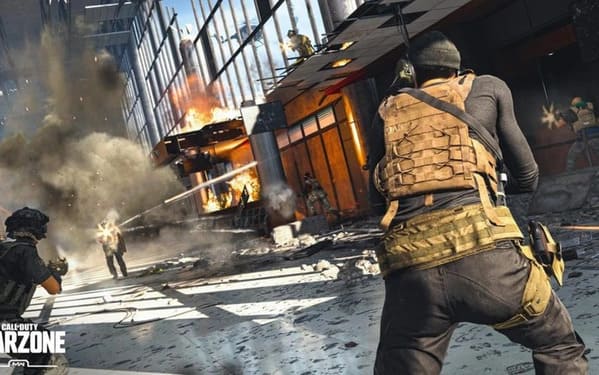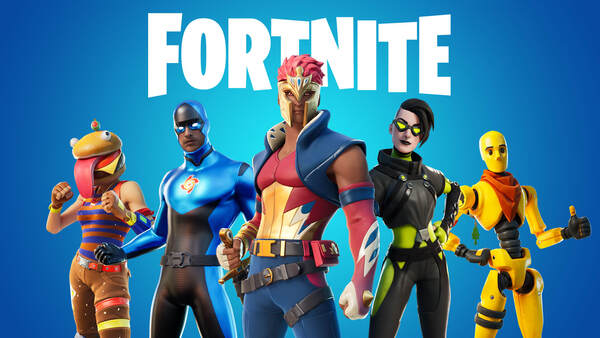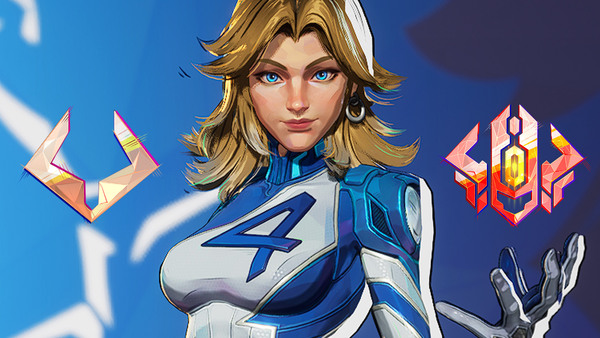Advertisement
Popular Now
Call of Duty: Warzone has taken the gaming world by storm since its launch in March 2020, becoming a cornerstone in the battle royale genre. While the game boasts a thrilling experience, the player progression system has been a focal point for both praise and criticism. This article will delve deeply into the intricacies of Warzone's progression mechanics, exploring how they affect player experience, the balancing of gameplay, and the broader community sentiment surrounding the system.

 These updates also included weapon balancing, which significantly impacted player progression. Certain weapons would be buffed or nerfed, changing the meta and requiring players to adapt. This adaptability became a critical component of progression, as players needed to remain aware of the best gear available.
These updates also included weapon balancing, which significantly impacted player progression. Certain weapons would be buffed or nerfed, changing the meta and requiring players to adapt. This adaptability became a critical component of progression, as players needed to remain aware of the best gear available.
 The pressure to perform at a certain level can diminish enjoyment. Players may feel they need to continually improve or risk being placed in matches where they struggle, impacting their overall progression experience.
The pressure to perform at a certain level can diminish enjoyment. Players may feel they need to continually improve or risk being placed in matches where they struggle, impacting their overall progression experience.

The Initial Launch: Foundations of Progression
Early Gameplay Mechanics
Upon its release, Warzone introduced players to a unique blend of traditional Call of Duty mechanics and the expansive world of battle royale gameplay. Players could earn in-game currency called Cash, which could be used to purchase loadout drops, killstreaks, and self-revivals from Buy Stations scattered throughout the map.Cash and Loadouts
The introduction of loadouts was revolutionary. Players could customize their weapons and perks, tailoring their playstyle. This aspect not only incentivized players to explore the map for Cash but also introduced a layer of strategy as players debated whether to spend their earnings on immediate utility or save for better gear later.Battle Pass System
Alongside the launch, Warzone adopted a free-to-play model complemented by a seasonal Battle Pass system. This system rewarded players with exclusive content, including weapon skins, operators, and charms, based on their progression through tiers.Engaging New Players
This model was designed to attract both veteran players and newcomers. By providing a free entry point while also offering a paid option for more exclusive rewards, Warzone struck a balance aimed at inclusivity.Evolution of the Progression System
Introduction of Seasonal Updates
As seasons progressed, Activision introduced numerous updates that expanded the game's content. New weapons, maps, and gameplay modes were released regularly, refreshing the player experience.Weapon Balancing
 These updates also included weapon balancing, which significantly impacted player progression. Certain weapons would be buffed or nerfed, changing the meta and requiring players to adapt. This adaptability became a critical component of progression, as players needed to remain aware of the best gear available.
These updates also included weapon balancing, which significantly impacted player progression. Certain weapons would be buffed or nerfed, changing the meta and requiring players to adapt. This adaptability became a critical component of progression, as players needed to remain aware of the best gear available.
Community Response
The frequent updates were met with mixed responses. Some players appreciated the active engagement from the developers, while others criticized the balancing changes, claiming they favored specific playstyles or weapon types.The Competitive Scene
As the competitive scene grew, so did scrutiny over the balancing of weapons. High-level players began to express concerns that frequent changes disrupted their progression and strategy.The Role of Skill-Based Matchmaking (SBMM)
Implementation of SBMM
One of the most controversial aspects of Warzone's progression system is the implementation of Skill-Based Matchmaking (SBMM). This system aims to match players of similar skill levels to enhance the gaming experience.Pros and Cons
While this system is designed to create more balanced matches, it has drawn criticism. Many players argue that it can lead to frustrating experiences, particularly for those who may not consistently perform well.Psychological Impact
 The pressure to perform at a certain level can diminish enjoyment. Players may feel they need to continually improve or risk being placed in matches where they struggle, impacting their overall progression experience.
The pressure to perform at a certain level can diminish enjoyment. Players may feel they need to continually improve or risk being placed in matches where they struggle, impacting their overall progression experience.

















